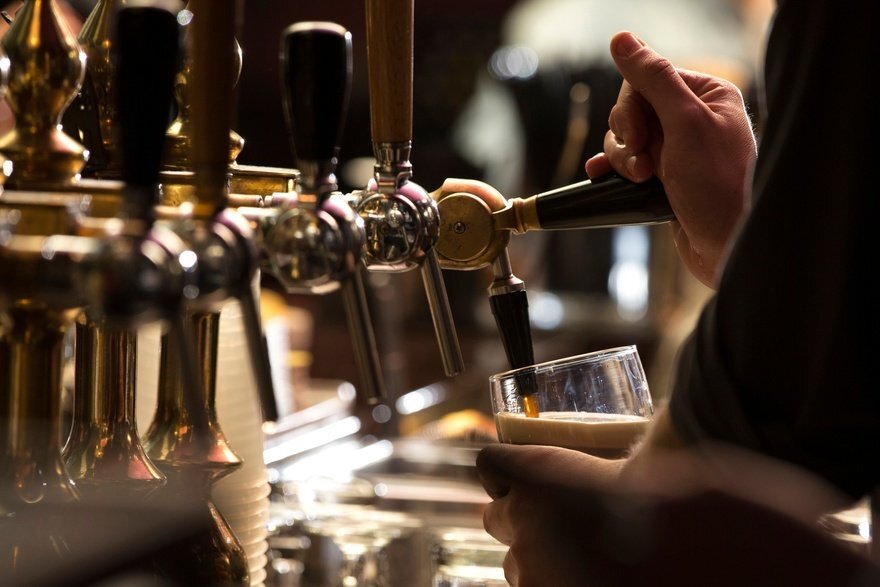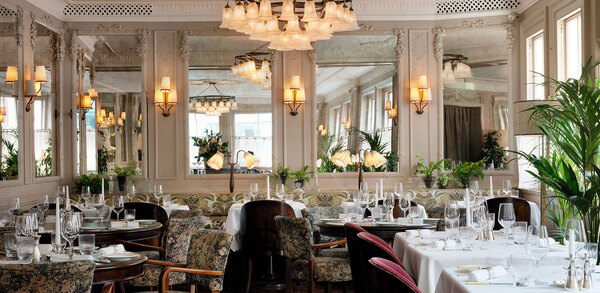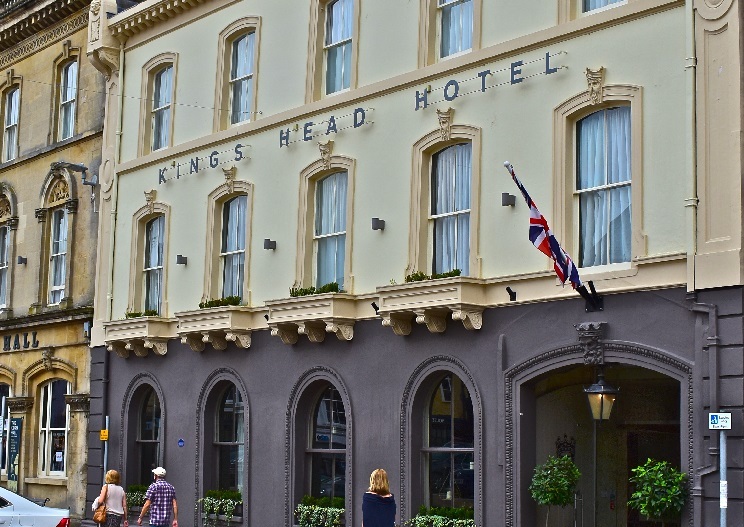Rise in calls to pub helpline as some energy bills increase by over 300%
A leading pub trade body said it has seen a sharp rise in calls to its helpline as businesses struggle to cope with an “unsustainable” rise in energy bills and costs.
The British Institute of Innkeeping (BII) said many pubs were reporting increases of over 300% in their energy bills, while pandemic-related debts were around £40,000 per venue.
It has written to the secretary of state for BEIS and the chancellor warning that rising energy bills and costs will “cripple” businesses without further support.
Independent pub operators will need to trade at least 20% higher than pre-pandemic levels to just stand still, but three in four are still trading below 2019 levels, with 86% reporting lower profits from that already reduced revenue, the BII said.
In a recent survey of members, the BII revealed that rising energy costs topped the list of factors impacting the profitability of pub businesses, but the crisis has worsened in the past few weeks.
The BII has written to ministers calling for a cap on businesses energy bills, grants to help with payments, a waiver of business rates and a larger reduction in beer duty.
Hospitality has repeatedly called for a cap on commercial energy prices, with operators telling The Caterer continued price hikes had created a "nightmare scenario" for businesses, with some considering permanent closure.
Steve Alton, chief executive of the BII, said: “Even at the height of summer, the busiest time of year for pubs, licensees are now seriously considering the sustainability of their businesses, as the astronomical rising cost of business is undermining any recovery they may have already made.
"To be clear, the huge impact of rising energy bills alone will be enough to destroy many of these much-loved and needed small businesses, providing vital social connection for so many.
“The crisis now facing our members is just as damaging as the impact of the pandemic. Without support, the rise in energy bills and further cost increases will cripple these viable businesses, risking lost jobs and careers, government loans being written off, and the loss of essential, accessible places that connect us all in our communities.”
The BII has 10,000 individual members running premises across the UK in predominantly tenanted, leased, managed and freehold pubs.


















